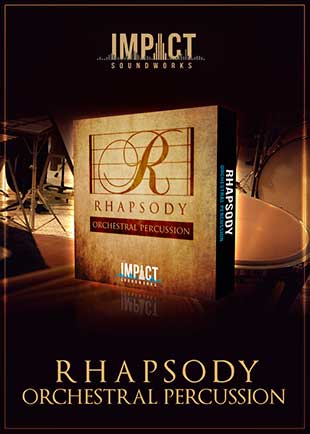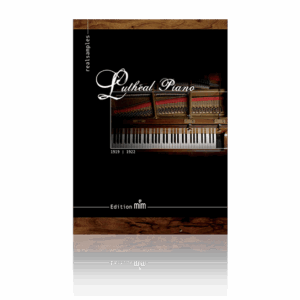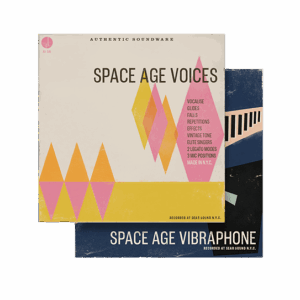Shows on the Discovery Channel, Animal Planet, HGTV and Food Network may sound very different in the coming months. That’s because Discovery Networks, which owns those and other cable channels, is instituting a new pay policy that virtually assures no composer currently working on their programs will do so after Dec. 31.
Discovery has informed many of its top composers that, beginning in 2020, they must give up all performance royalties paid for U.S. airings, and that they must sign away their ability to collect royalties on all past shows on its networks.
Music makers surmise that the policy will result in an 80% to 90% drop in their income from these shows. It’s the last straw for many composers who say they will refuse to continue to score such series as “Gold Rush,” “Deadliest Catch” (pictured) and “Alaskan Bush People,” calling the new contract provisions “unprofessional,” “bullying,” “a corporate money grab” and “evil.”
The proposal is designed to circumvent the 100-year-old system whereby composers are compensated for use of their music in broadcast media. Those royalties are collected and distributed by performance-rights societies ASCAP, BMI and SESAC.
Composer David Vanacore (“Fixer Upper”) says that initial fees are already so low that he and his peers rely on the so-called “back end” payments just to keep operating. “There is no way I can support what it takes to do a show based on what they’re offering,” he says. “I don’t think they understand the amount of time and energy that goes into the creative process.”
Discovery is requesting “direct source licenses” which will enable them to eliminate royalty payments. But composers say those royalties are vital to stay in business. What’s more, they fear that if this tactic is followed by other media outlets, making a living as a media composer in Los Angeles will eventually become impossible.
“All of the added musical value, bespoke musical branding and music scored to picture will not be financially supportable under the new proposed model,” said Didier Lean Rachou (“Gold Rush,” “Deadliest Catch”). “The Hollywood ecosystem of world-class mixers, assistants and musicians that I regularly use are no longer affordable for a small-business owner like myself.”
Composers have been offended by what they call “veiled threats” by Discovery executives that if they don’t take the new deal, their music will be stripped out of existing shows and replaced with generic library music that the network already owns.
Says one: “What they offered was paltry and pathetic. There was no financial component to compensate me for any domestic royalties they are asking me to sign away. If I accepted their withered carrots, they would then ask me to sign away all my past content. That was my retirement. There is absolutely no incentive for me to move forward with them.”
That “retirement,” according to Society of Composers and Lyricists President Ashley Irwin, is important to every film and TV composer because (unlike almost every other creative job in Hollywood) they have no union protection and the benefits that usually affords. “The closest thing we have to a pension plan is that royalty stream that comes through the performing-rights organizations. If that goes away, we’ll have nothing.”
Over the past 20 years, adds Mark T. Williams (“Betrayed”), composer fees (the “upfront” money) have declined by as much as 50 percent. “We rely on industry-standard practices of retaining our composers’ share of performing-rights and other royalty income,” he says. “Without that, we don’t have a sustainable business. We don’t just write a piece of music and spit it out. We’re composing, orchestrating, mixing, mastering, providing an entire service as well as support after the fact.” Williams estimates that an inability to collect domestic royalties would lead to an 82 percent decline in his income from Discovery series.
“This is deeply destructive,” offers Russell Emanuel, co-founder and chief creative at music production company Bleeding Fingers (which supplies music for “Alaskan Bush People”). “You cannot cut corners and be producing music at the top level. They’re not doing this to their acting or their voiceover talent.”
Discovery declined to make its music executives available for this story, but issued this statement: “Our 8,000 hours of original programming a year drives enormous economic value to the global music community. We compensate countless composers and musicians for their valued contributions, and will continue to do so.”
Some estimates suggest that avoiding ASCAP, BMI and SESAC royalty payments might save them $25 million or so – less than 1 per cent of Discovery’s third-quarter 2019 revenue of nearly $2.68 billion.
Several composers and music attorneys told Variety that this initiative “sets a dangerous precedent.” They worry that inexperienced composers who agree to take this deal will erode long-held industry practices.
“What’s at stake here is the destruction of the creative process,” Vanacore says. “This is a downward spiral for all creative people.” And if Discovery follows through with its threat to remove all of the familiar themes from its series based on composers’ refusal to accept the new financial deal, “the shows will be damaged,” he adds.
Adds another veteran Discovery composer, who asked for anonymity: “the threat of having our series re-mixed with other music Discovery owns outright is unheard-of and would send a ripple effect throughout the industry.”
Several of these composers, and other high-profile composers who share their concerns, have banded together to launch a website, yourmusicyourfuture.com, designed to inform the media composing community of their rights and the possible ramifications of giving up the traditional “writer’s share” of royalties. More than 4,000 music-makers have signed up to support the initiative.
“What we have to do,” says Emanuel, “is make sure that new composers understand that this does damage beyond their scope.” Williams adds that the proposed deal, if accepted, “undermines composers as a whole. We don’t understand [Discovery’s] position and we don’t support it.”
All of the composers interviewed by Variety said they would be happy to continue working for the networks, and their producers, on these and other shows, but not if it means giving up the majority of their income to do so.
In a similar move, Netflix has attempted to convince composers to take the buyout but, sources say, generally back off those demands when composers (especially A-list names) balk.
Culled from variety.com






























One Response
We need a new T-shirt that reads, “I don’t believe in composing crappy music. But, $20 is $20.”
Comments are closed.